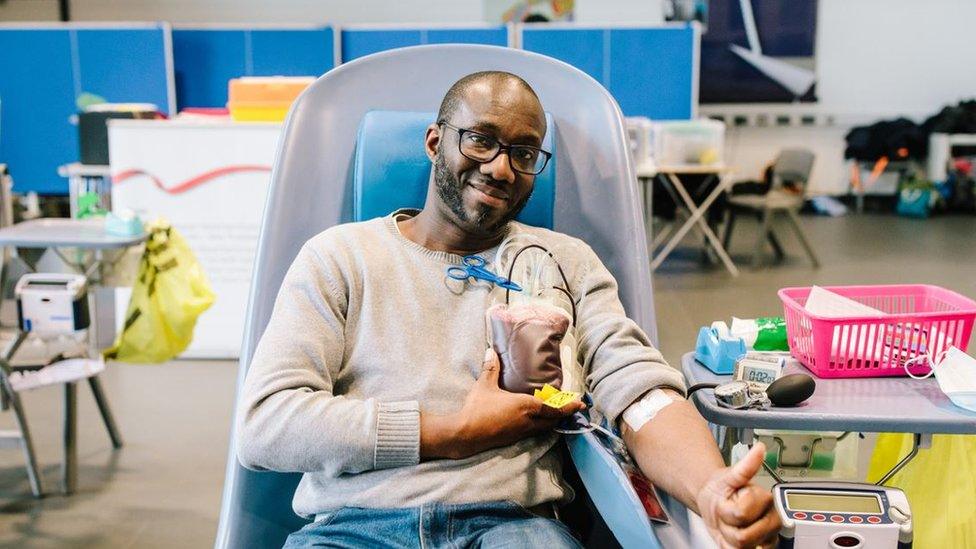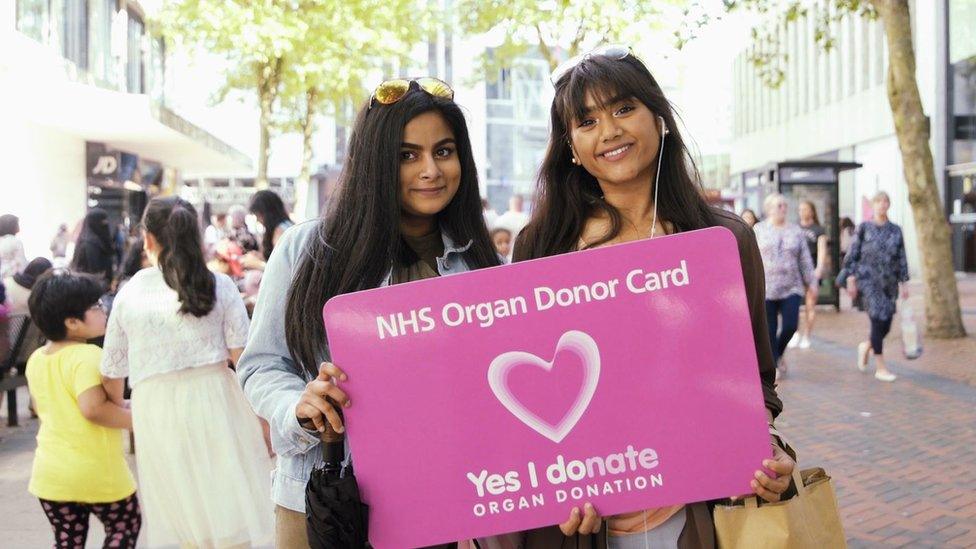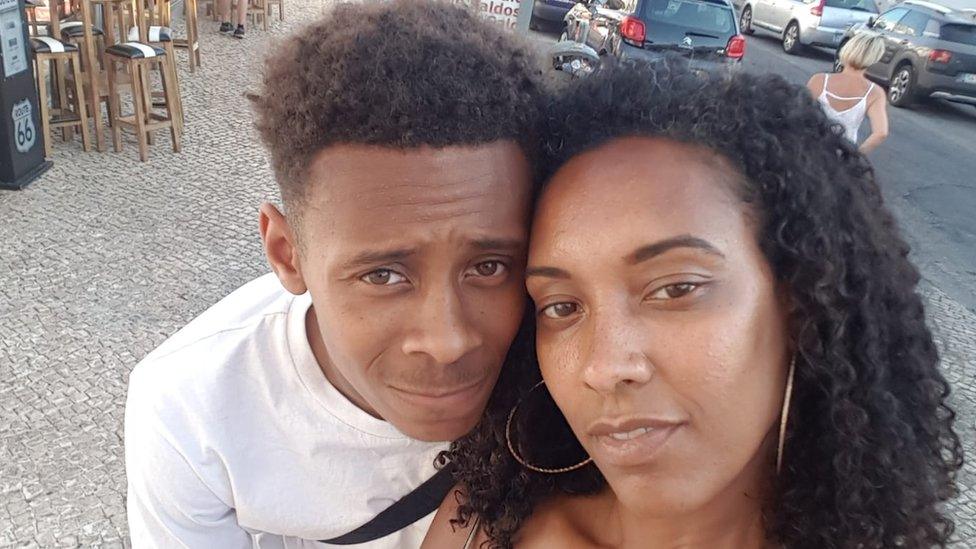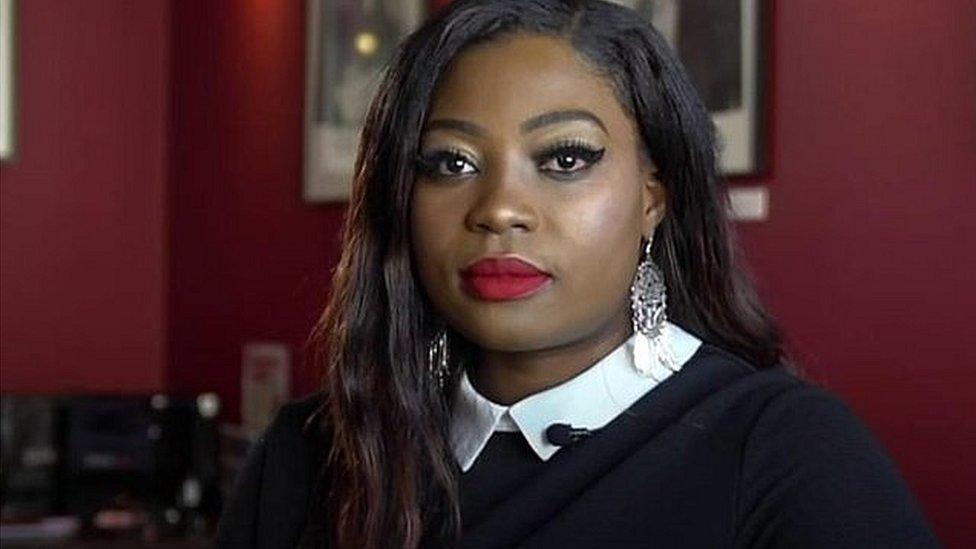Projects seek more black and Asian blood donors
- Published

Yorkshire groups have been awarded funding to encourage more black and Asian people to become blood and transplant donors
Projects to urge more black and Asian people to become blood, organ, and stem cell donors have been given funding.
Donors are urgently needed because people from the same ethnic background are more likely to be a match for transplant patients, according to NHS Blood and Transplant (NHSBT).
Yorkshire groups will share £685,000 to run campaigns to find new donors.
Dr Mohammed Ali from Bradford's QED Foundation asked people to "seriously think about organ donation".
"The facts are clear: there aren't enough ethnic minorities on the register of donors, yet numbers from these communities needing organs is disproportionate," Dr Ali said.
"Think how you would feel if the life of your loved one could be saved by say a kidney donation? As a Muslim I believe what Islam says that saving one life is like saving the whole of humanity."

People from the same ethnic background are more likely to be a match for transplants, NHS Blood and Transplant said
Black and Asian people wait longer for organ transplants and make up a third of all people on the transplant waiting list, according to NHSBT.
The organisation said it can only provide the best matched blood for people with sickle cell half the time.
The disease if the fastest growing genetic condition in the UK and is more common in people from black African or black Caribbean backgrounds.
Organisations running projects in Yorkshire which will receive the government funding include the British Islamic Association, Halal Dinner Club, ILM-Ornate Lane Ltd, Jain and Hindu Organ Donation Alliance, QED Foundation, We Are Donors and the Muslim Doctors Association.
Altaf Kazi, assistant director of partnerships and community Engagement at NHSBT, said: "We have seen first-hand the abilities of trusted individuals and community groups to prompt conversation, tackle misinformation, educate, and offer reassurance around donation."

Follow BBC Yorkshire on Facebook, external, Twitter, external and Instagram, external. Send your story ideas to yorkslincs.news@bbc.co.uk, external.
Related topics
- Published12 January 2023

- Published29 May 2018
